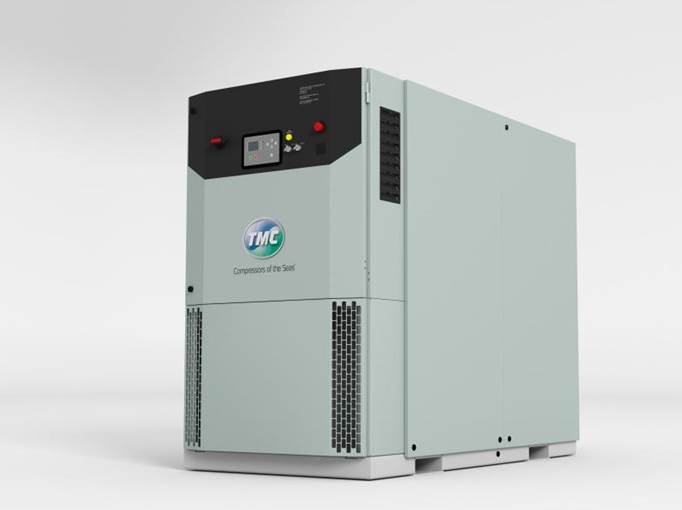
Did you know that you can save both money and the environment if you choose the right compressor type? If not, read on to find out more.
Green requirements
In 2015, 193 countries adopted the 2030 Agenda for Sustainable Development and its 17 Sustainable Development Goals (SDGs). The International Maritime Organisation, as well as national shipowner associations, are working actively towards the the 2030 Agenda for Sustainable Development and the associated SDGs. There seems to be widespread agreement that most of the elements of the 2030 Agenda will only be realised with a sustainable transport sector supporting world trade and facilitating global economy.
“TMC’s Smart Air compressor range is one of our key contributions towards achieving a more sustainable future for the shipping, maritime and offshore industries,” says Per Kjellin, managing director of TMC Compressors.
Save energy – save the environment
The best way to reduce CO2 emissions is to reduce energy consumption. TMC’s Smart Air compressors runs with a technology that offers precise control of the compressor speed. Simply explained: the speed of the electrical motor will adjust itself according to what is required to produce the exact air volume necessary to meet the actual compressed air consumption at all time. In turn, lower air consumption requires less speed on the compressor and this directly results in less power consumption.
Studies have shown that the average consumption of compressed air is 35-60 % of the total installed air compressors capacity. This means that a lot of energy goes to waste.
“Our Smart Air compressors eliminates energy waste. Reducing energy waste with up to 50% represents an equivalent reduction of harmful emissions to air, including CO2. This is positive for the environment – and your wallet,” adds Kjellin.
For example, by changing to TMC Smart Air compressors on-board an LNG fleet with 18 vessels, emissions would be reduced by 1,710 tons of CO2 in one year. Cost reductions because of energy savings come in addition to this .

Less maintenance – lower emissions
Keeping precise control of the compressor speed means that you avoid unnecessary wear and tear of the compressor, its parts and components. In turn, this transfers to longer lifetime of the tools and equipment, which reduces the total environmental footprint as well as your costs.
“In sum, this is a win-win situation for vessel owners and operators and sea where we travel and operate,” adds Kjellin.
Related Posts
Going oil-free with oil
That is exactly what Middle East-based gas shipping company did when it chose to replace the...
What Is Smart Air?
The basic principle of Smart Air is that investing in green technology not only leads to...


